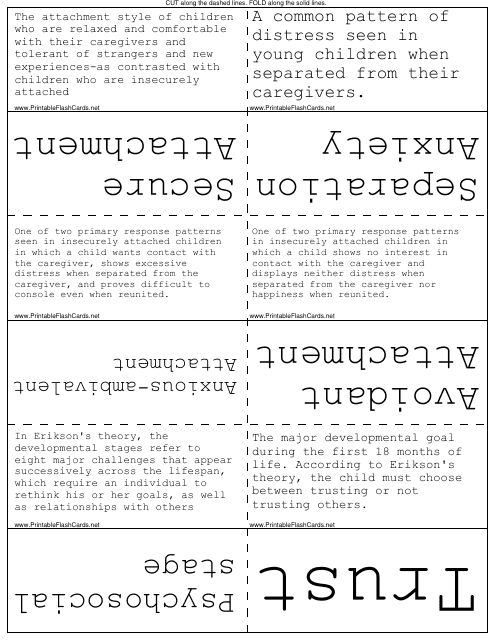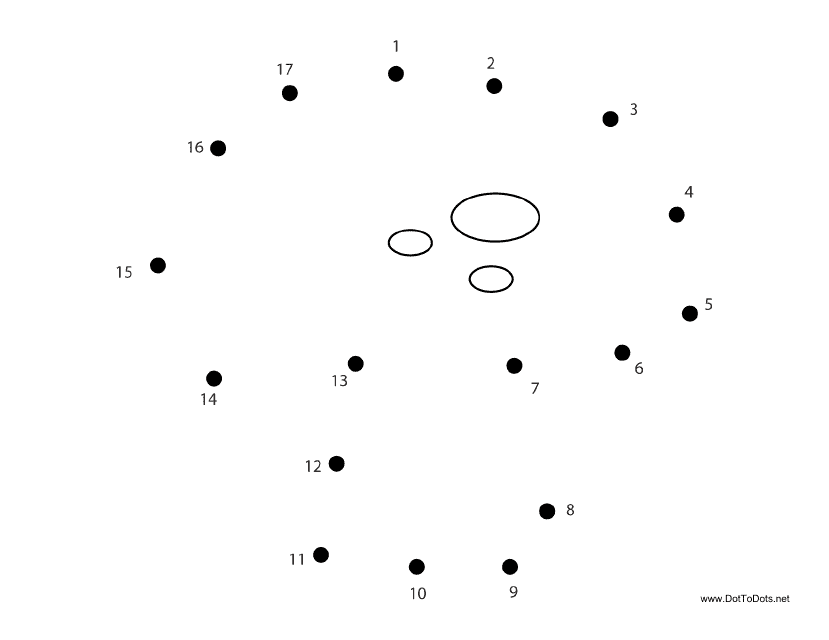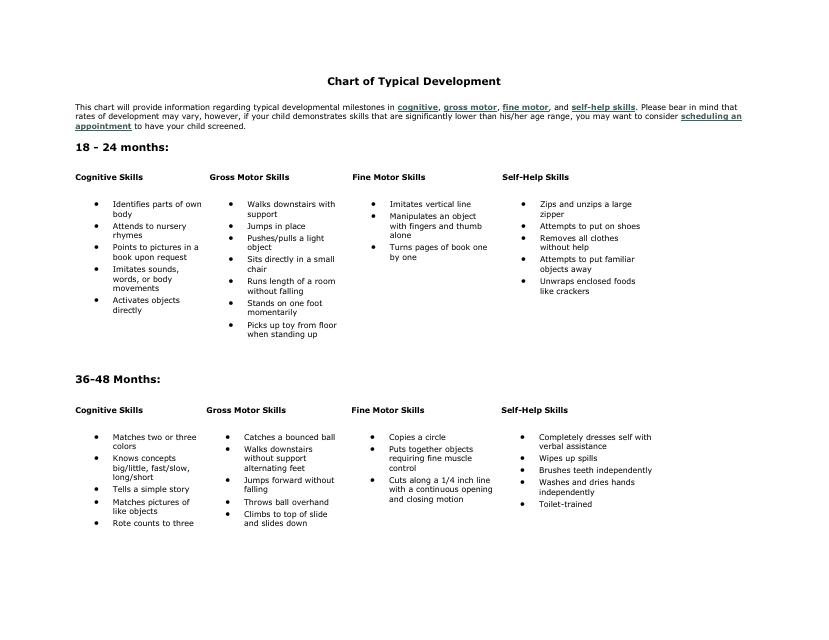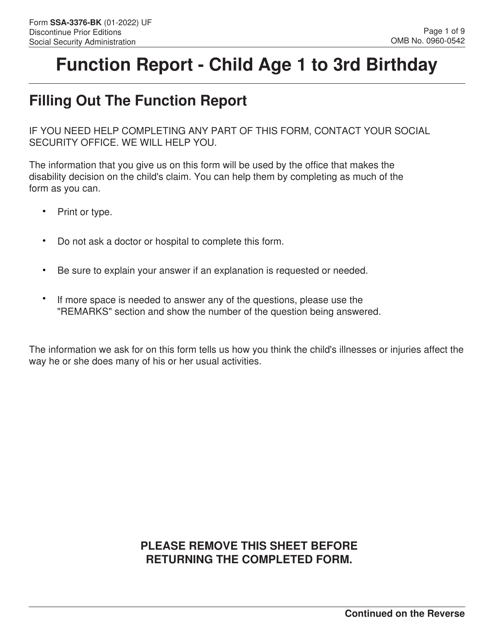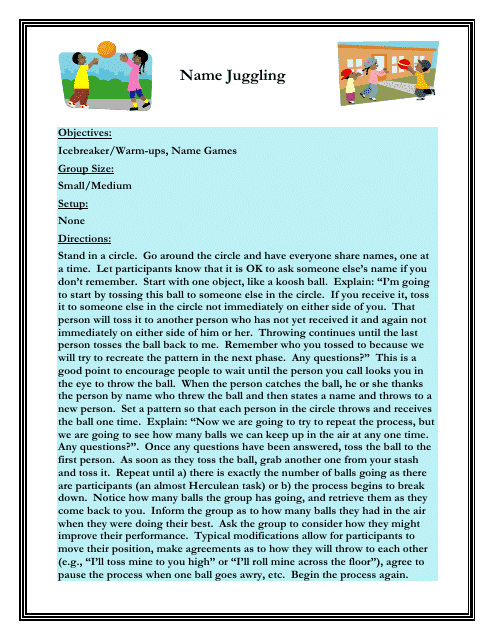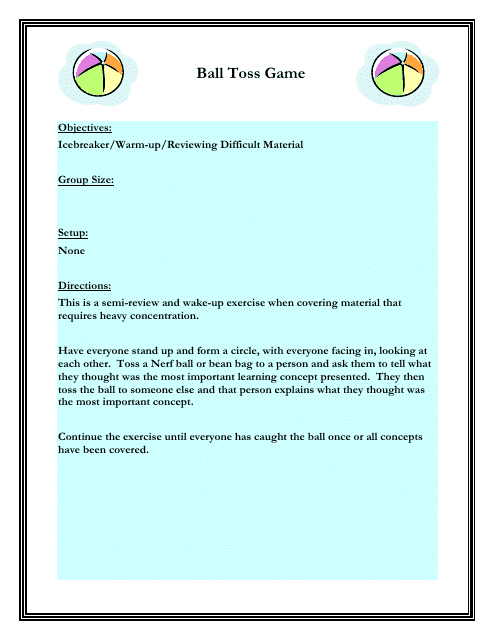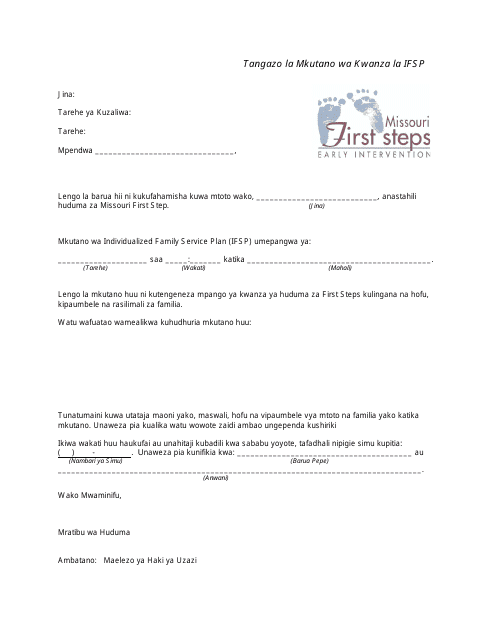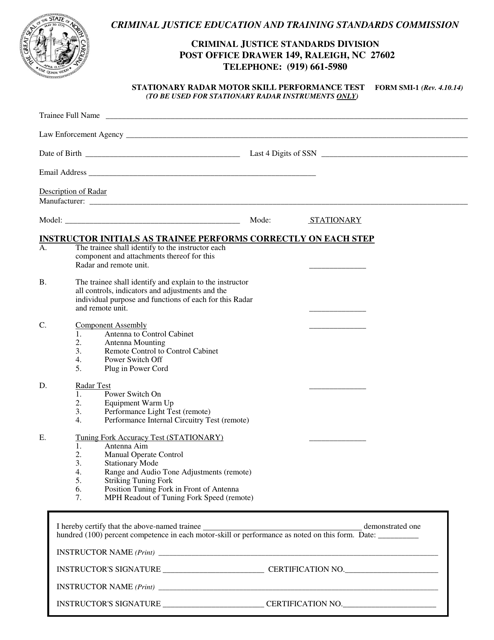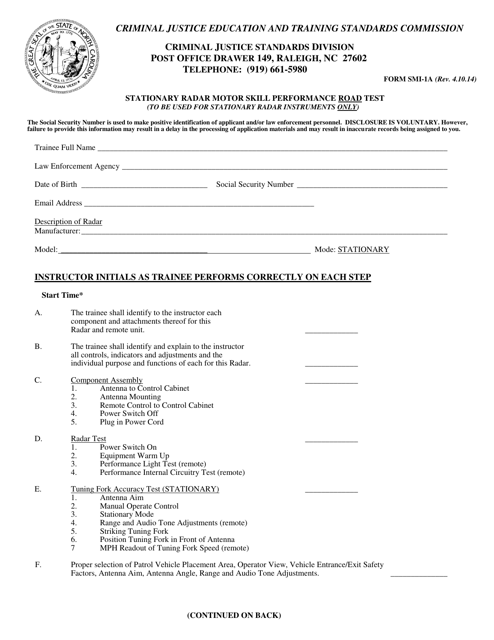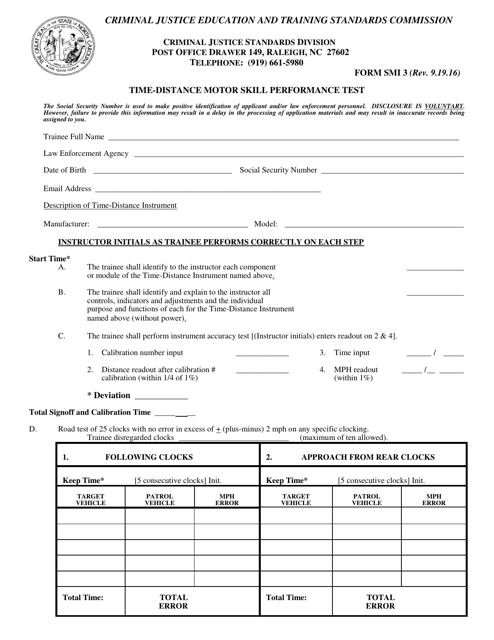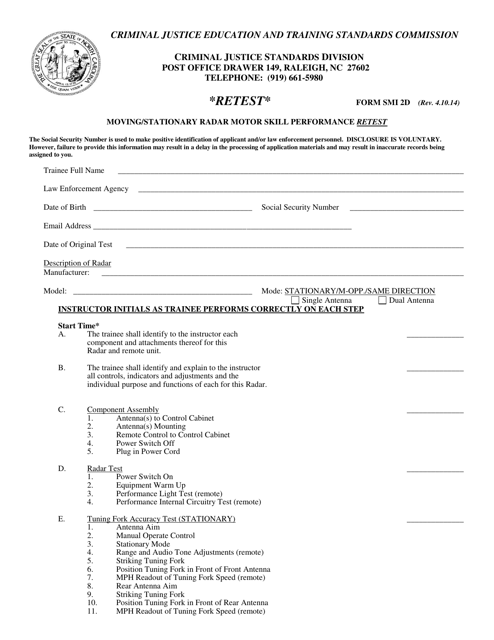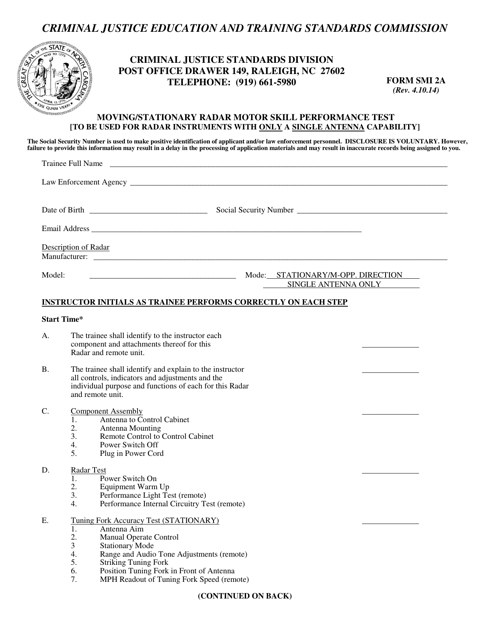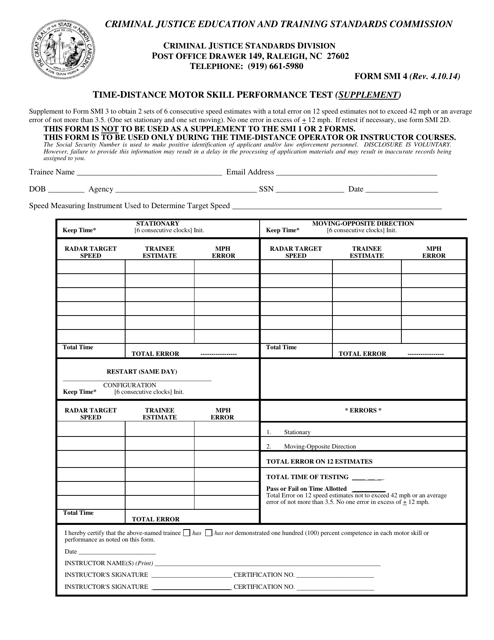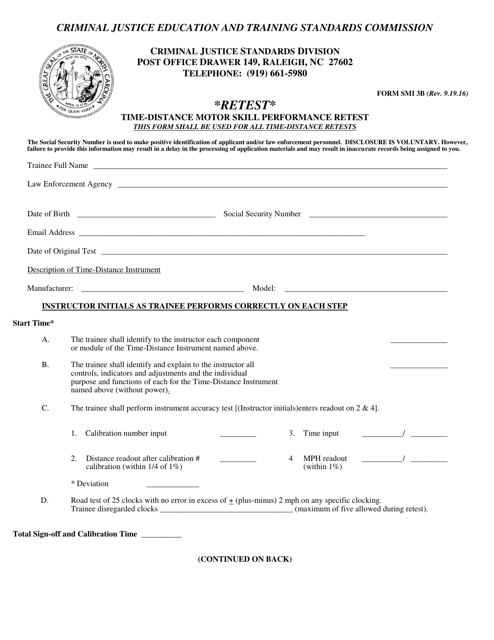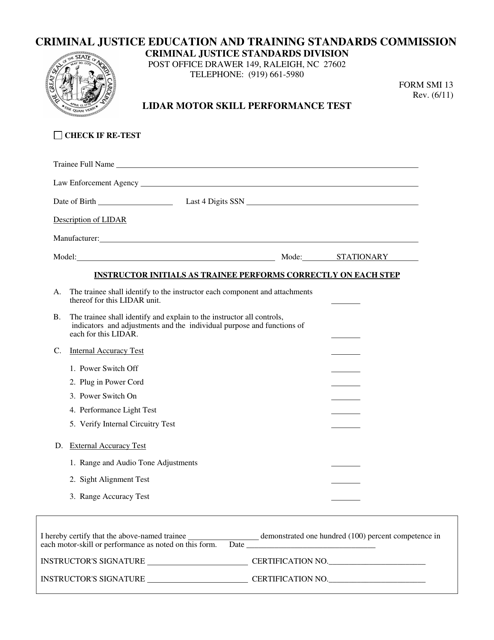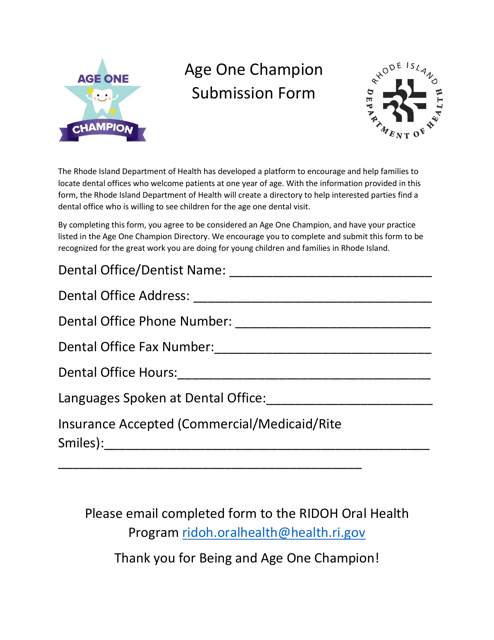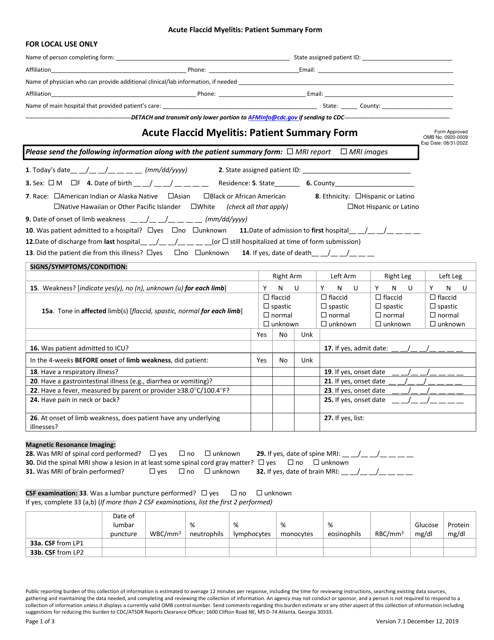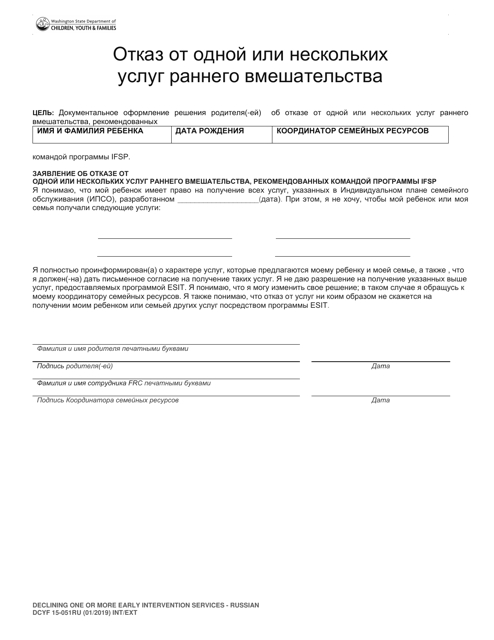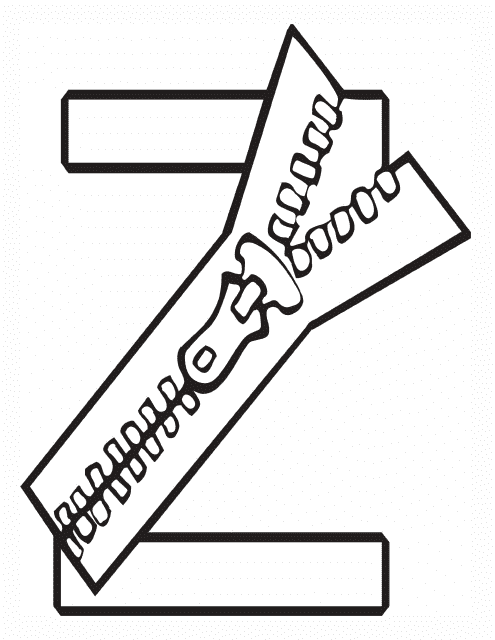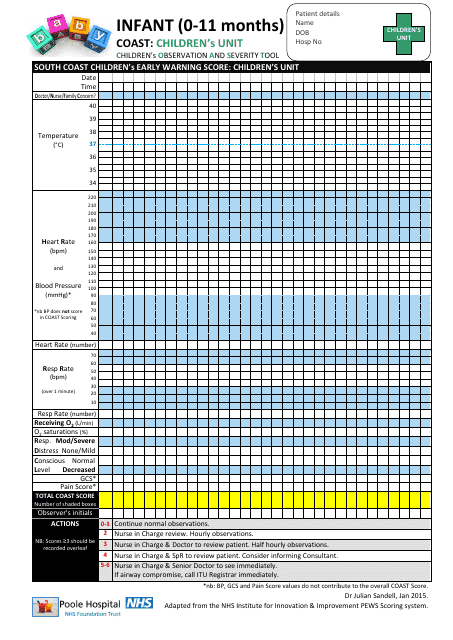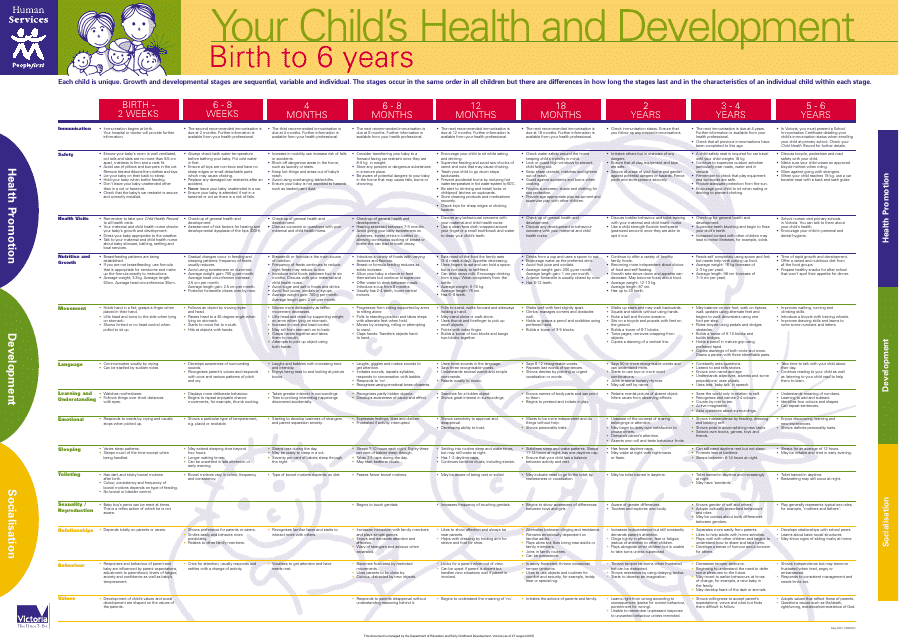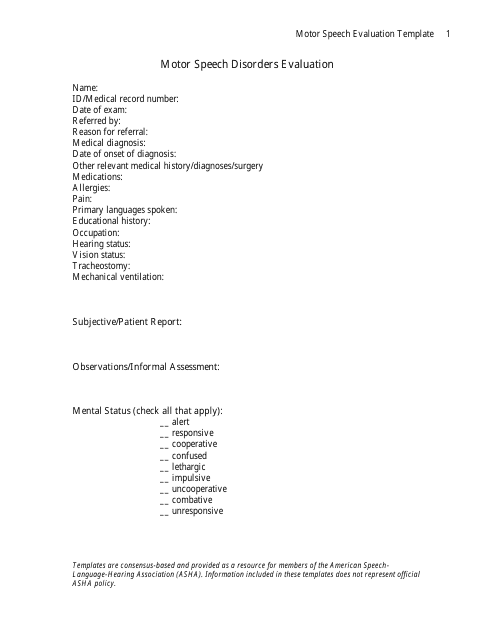Motor Skills Templates
Motor skills, also known as motor skill or motor dexterity, refer to the abilities and coordination of movements performed by individuals. These skills involve the use of muscles and nerves to perform tasks that require both fine and gross motor control.
Motor skills are essential for various activities in everyday life, such as writing, typing, playing sports, and even simple tasks like buttoning a shirt or tying shoelaces. The development of motor skills begins in early childhood and continues to progress throughout a person's life.
Whether it's crawling, walking, jumping, running, or performing complex hand movements, motor skills play a crucial role in an individual's overall physical and cognitive development. They contribute to an individual's ability to engage with their environment, interact with others, and achieve independence.
Motor skills can be classified into two main categories: fine motor skills and gross motor skills. Fine motor skills involve precise movements of small muscles, such as those in the fingers, hands, and wrists, and are required for activities like writing, drawing, and manipulating small objects. Gross motor skills, on the other hand, involve the coordination of larger muscle groups and are necessary for activities such as walking, jumping, and throwing.
To assess and evaluate motor skills, various standardized assessments and tests have been developed. These assessments help professionals in fields such as occupational therapy, physical therapy, and early childhood development to identify any motor skill delays or difficulties and provide appropriate interventions and therapies to individuals.
Additionally, there are resources available, such as coloring pages and motor speech evaluation templates, which can aid in the development and improvement of motor skills in children and adults alike.
Whether you are a parent, educator, therapist, or simply someone interested in understanding and enhancing motor skills, exploring and supporting the development of these skills is crucial for overall physical and cognitive well-being.
Documents:
22
This document is a set of flash cards designed to help parents and educators support and enhance child development. Each flash card focuses on a different aspect of child development such as language, motor skills, and cognitive abilities. Use these flash cards to engage children in fun and educational activities that promote their growth and learning.
This type of document is a dot-to-dot sheet featuring mushrooms. Use it to connect the dots and reveal a picture of mushrooms.
This document provides a typical child development chart to track a child's progress in various areas of development such as physical, social, and cognitive skills. It helps parents and professionals understand and monitor a child's growth and development.
This document is a juggling worksheet specific to the state of Florida. It provides instructions or exercises for juggling.
This document is a worksheet for a ball toss game that is commonly played in Florida. It provides instructions and activities for playing the game.
This document is used for notifying Missouri residents about the Initial IFSP meeting in Swahili.
This form is used for the Stationary Radar Motor Skill Performance Test in North Carolina. It assesses the motor skills of individuals using radar technology.
This form is used for conducting a motor skill performance road test using stationary radar in North Carolina.
This form is used for the Time-Distance Motor Skill Performance Test in North Carolina.
This Form is used for retesting motor skill performance using moving or stationary radar in North Carolina.
This form is used for the Moving/Stationary Radar Motor Skill Performance Test in North Carolina.
This form is used for conducting the Time-Distance Motor Skill Performance Test in North Carolina.
This form is used for conducting a retest of time-distance motor skill performance in North Carolina.
This document is used for conducting the Lidar Motor Skill Performance Test in North Carolina.
This Form is used for submitting entries to the Age One Champion competition in Rhode Island.
This form is used for summarizing information about patients with Acute Flaccid Myelitis (AFM).
This Form is used for declining one or more early intervention services in the state of Washington for Russian-speaking individuals.
This coloring page features the letter Z with a zipper design. Perfect for teaching kids about the alphabet and practicing their coloring skills.
This type of document is a tool used to observe and assess the severity of symptoms in infants aged 0-11 months. It helps track the development and well-being of young children.
This document is a chart that tracks the health and development of children from birth to 6 years old. It provides important information for parents, caregivers, and healthcare professionals.

